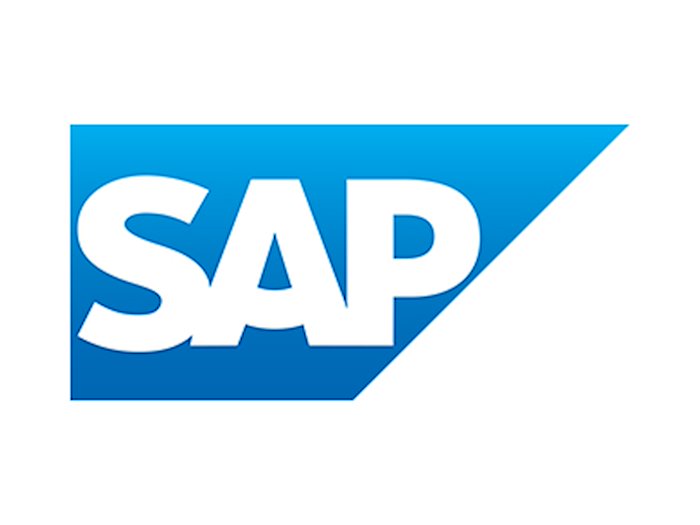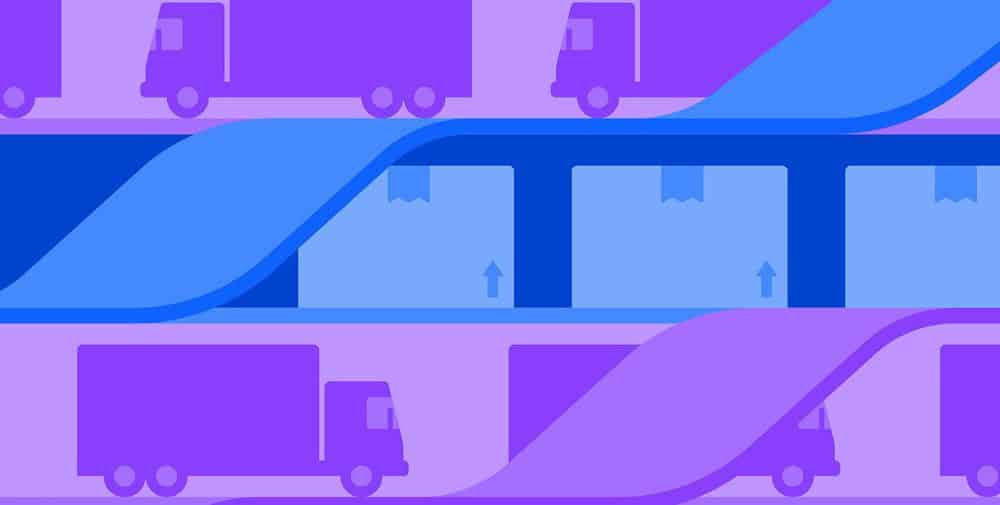
It’s not hard to see why. In a world where macroeconomic uncertainty is the order of the day, resilience to the unexpected is no longer a “nice to have” – it’s a must. One of the ways companies can achieve this is by making IT planning smarter and more strategic and preparing for an AI-powered future.
Surely you’ve heard the saying “work smarter, not harder”. It also applies to resilience planning.
Companies can become more resilient in many ways: They can optimize production through supply chain planning, make better use of data, diversify suppliers and provide their employees with new tools and training to make them fit for the future. Companies must always be able to react quickly to disruptions and have a flexible contingency plan. However, true resilience can only be achieved if you can predict and anticipate disruptions before they even occur in order to avoid them completely.
More resilience through the cloud
Companies today have an excellent opportunity to do this: namely by moving their ERP systems to the cloud. The cloud offers them many advantages. For example, they can react more quickly to unexpected situations and scale their processes without having to invest heavily in hardware. And their teams can collaborate more easily in the cloud, for example when solving a problem. In 2020, at the beginning of the coronavirus pandemic, we all witnessed how the cloud helped companies around the world to become more resilient. Companies that had moved their operations to the cloud were able to adapt much faster to the new circumstances – to a workforce that couldn’t physically be together.
In my role at SAP, I see numerous examples every day of customers using the cloud to work smarter and make their business more resilient.
Take Nestlé S.A, for example, a company with a history of over 150 years. The company produces some of the world’s most popular food, beverage and nutrition brands. Nestlé has been an SAP customer for over 20 years and has recently opted for RISE with SAP and thus for a cloud transformation. This will enable the company to automate processes in all areas, develop innovative business models at scale and achieve greater agility and resilience.
These customers show how it’s done
Another example is Watco, a leading transport and logistics service provider, where we have optimized financial planning, forecasting and reporting processes. Thanks to SAP Analytics Cloud, the company can now access the profit and loss statements of all 200 of its locations and retrieve a comprehensive, consolidated version for the entire company. The solution has connected 320 team members who can now work together on company plans. The data is based on a central source of information at all locations, so they can now better prepare for the unexpected.
But this is just the beginning. If you want to be prepared for the future, ERP systems in the cloud are essential. But you are even better prepared if AI solutions are directly integrated into cloud solutions. With AI, it is possible to multiply the benefits many times over. Together with the cloud, business AI has the potential to help companies become truly intelligent systems where speed and agility meet data and analytics.
Success despite uncertainties
Every company’s journey will be different. But there’s no doubt that companies willing to invest in the latest cloud and business AI solutions with a trusted partner like SAP will be prepared for the future in a way that was previously unimaginable. And that’s the most important thing they can do to succeed in a world of uncertainty.
In 2023, we saw what’s possible when generative enterprise AI is tailored to the specific business context of the organization using it. Therefore, I predict that 2024 will be a pivotal year for resilience planning due to the growing potential of generative enterprise AI. This is especially true if generative AI is embedded into systems in a relevant, reliable and trustworthy way.
Those who are willing to put generative AI at the center of their transformation processes will enable new business models and revenue streams that will be critical to their future.
– – – – – –
Further links
👉 www.sap.com
Photo: pixabay




